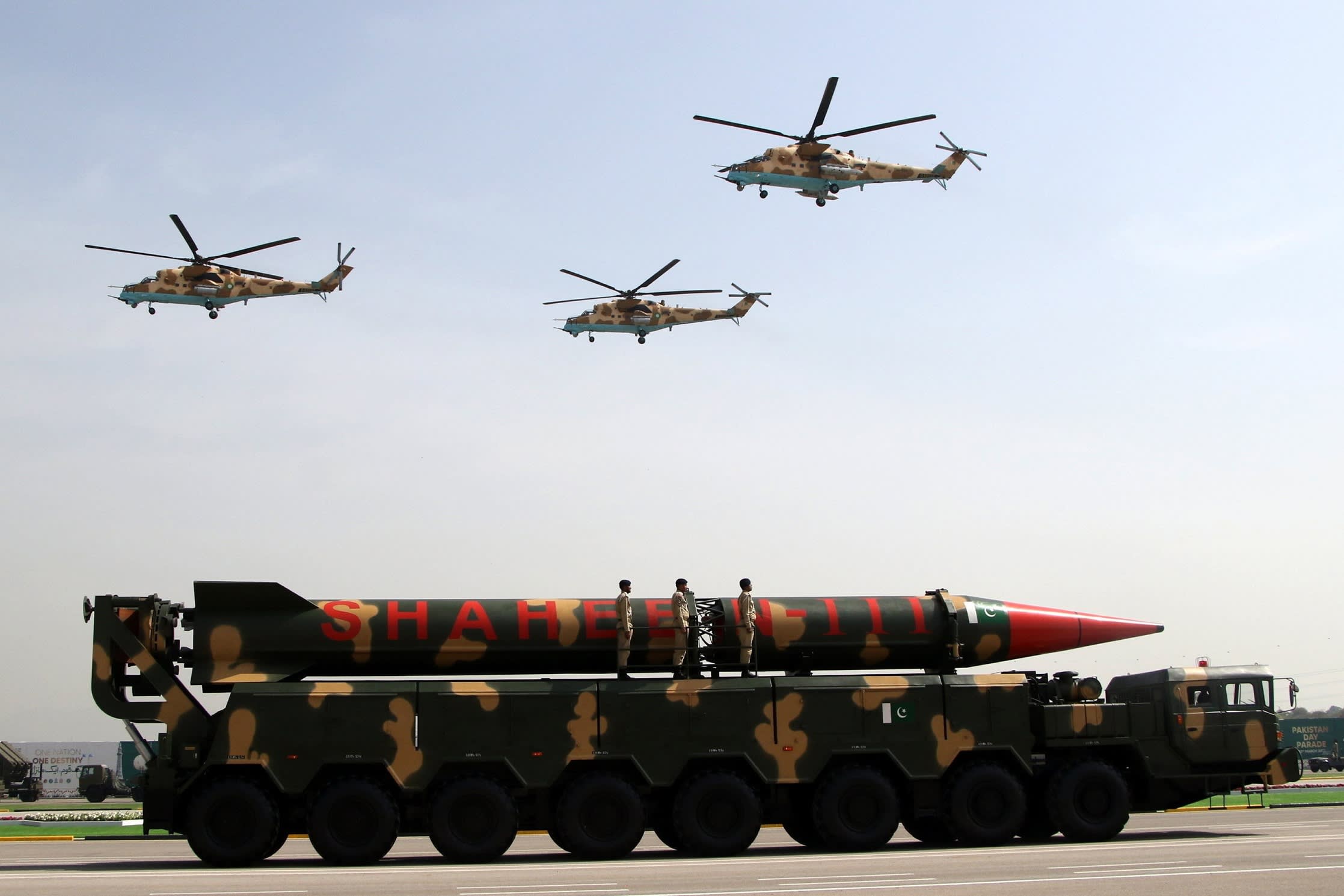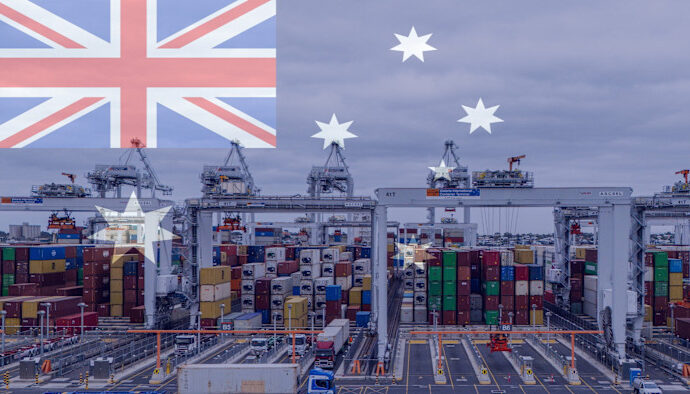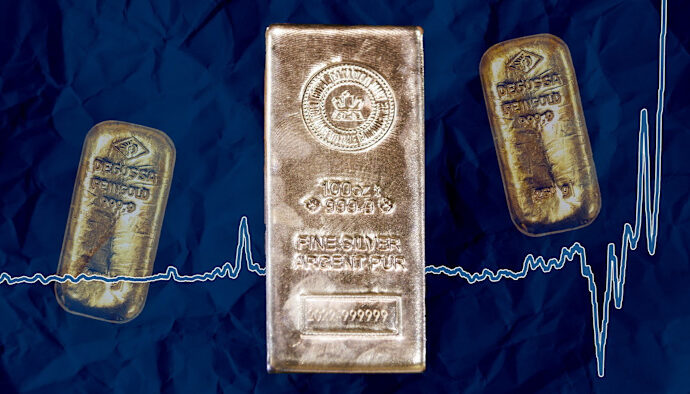Unlock the White House Watch newsletter for free
Your guide to what Trump’s second term means for Washington, business and the world
Saudi Arabia has signed a “strategic mutual defence” pact with Pakistan, signalling to the US and Israel that the kingdom is willing to diversify its security alliances as it looks to bolster its deterrence.
The agreement with the nuclear-armed south Asian state comes a week after Gulf states — traditionally reliant on the US as their security guarantor — were deeply rattled by Israel’s missile strikes targeting Hamas’s political leaders in Qatar.
“We hope it will reinforce our deterrence — aggression against one is aggression against the other,” a senior Saudi official told the Financial Times. “This is a comprehensive defence agreement that will utilise all defensive and military means deemed necessary depending on the specific threat.”
The agreement was signed by Saudi Crown Prince Mohammed bin Salman and Pakistan’s Prime Minister Shehbaz Sharif in Riyadh. Sharif’s office’s reiterated that the agreement “states that any aggression against either country shall be considered an aggression against both”.
The Israeli attack on Doha, one of the US’s major non-Nato allies, exacerbated Gulf leaders’ long-running concerns about Washington’s unpredictability and its commitment to their defence, as well as fears about Israel acting unrestrainedly with its military across the region.
Riyadh is believed to have informed Washington about the Pakistan defence agreement after it was signed.
Saudi Arabia has a long history of ties with Pakistan, and, along with other Gulf states, has provided crucial financial support to Islamabad.
Riyadh and Islamabad have for decades shared a tight defence partnership, with a former Pakistani army chief commanding a Saudi-led counterterrorism force in Riyadh.
“We have been working on this for well over a year and based on a two to three year conversation,” the Saudi official said.
He added that the kingdom was committed to nuclear non-proliferation.
Riyadh also maintains strong relations with Pakistan’s south Asian rival India, and is one of its major oil suppliers.
The agreement comes four months after Pakistan and India traded air, missile and drone strikes in a May skirmish that brought the neighbouring nuclear powers to the brink of an all-out war.
Riyadh had been hoping to seal a defence pact with the US, as well as co-operation with Washington’s nuclear plans, as part of a grand deal that would have led to it normalising diplomatic relations with Israel.
However, those plans were upended after Hamas’s October 7, 2023 attack on Israel, triggering the war in Gaza and conflict across the region.
Riyadh has become increasingly outraged by Israel’s 23-month war in Gaza and the conduct of Prime Minister Benjamin Netanyahu’s far-right government.
Prince Mohammed accuses Israel of committing genocide, and has made it clear that normalisation is off the table unless Netanyahu ends the conflict and moves to establish a Palestinian state.

He has maintained warm bilateral relations with the Trump administration, with the kingdom pledging more than $600bn of investments in the US and hosting Donald Trump in Riyadh during the president’s tour of the Gulf in May.
However, there is recognition that Saudi Arabia is unlikely to secure the defence treaty with Washington that it seeks as long as a normalisation agreement is not signed with Israel.
And while Gulf states are aware that they remain dependent on the US as their primary defence partner, analysts said they could seek to diversify their defence relationships over the long term in the wake of Israel’s strike on Hamas’s leaders in Doha.
Trump has suggested he only knew about that attack as it was being launched, despite Doha hosting an American base that acts as the forward operating base for the US military’s Central Command.
Israel, along Saudi Arabia, other Arab states and Pakistan, is a member of Centcom, and is the only nuclear armed state in the Middle East, although it does not admit to its programme.
Prince Mohammed described the attack on Doha, which targeted Hamas leaders involved in negotiations for a ceasefire in Gaza, as “brutal aggression” that required “Arab, Islamic and international action”.


